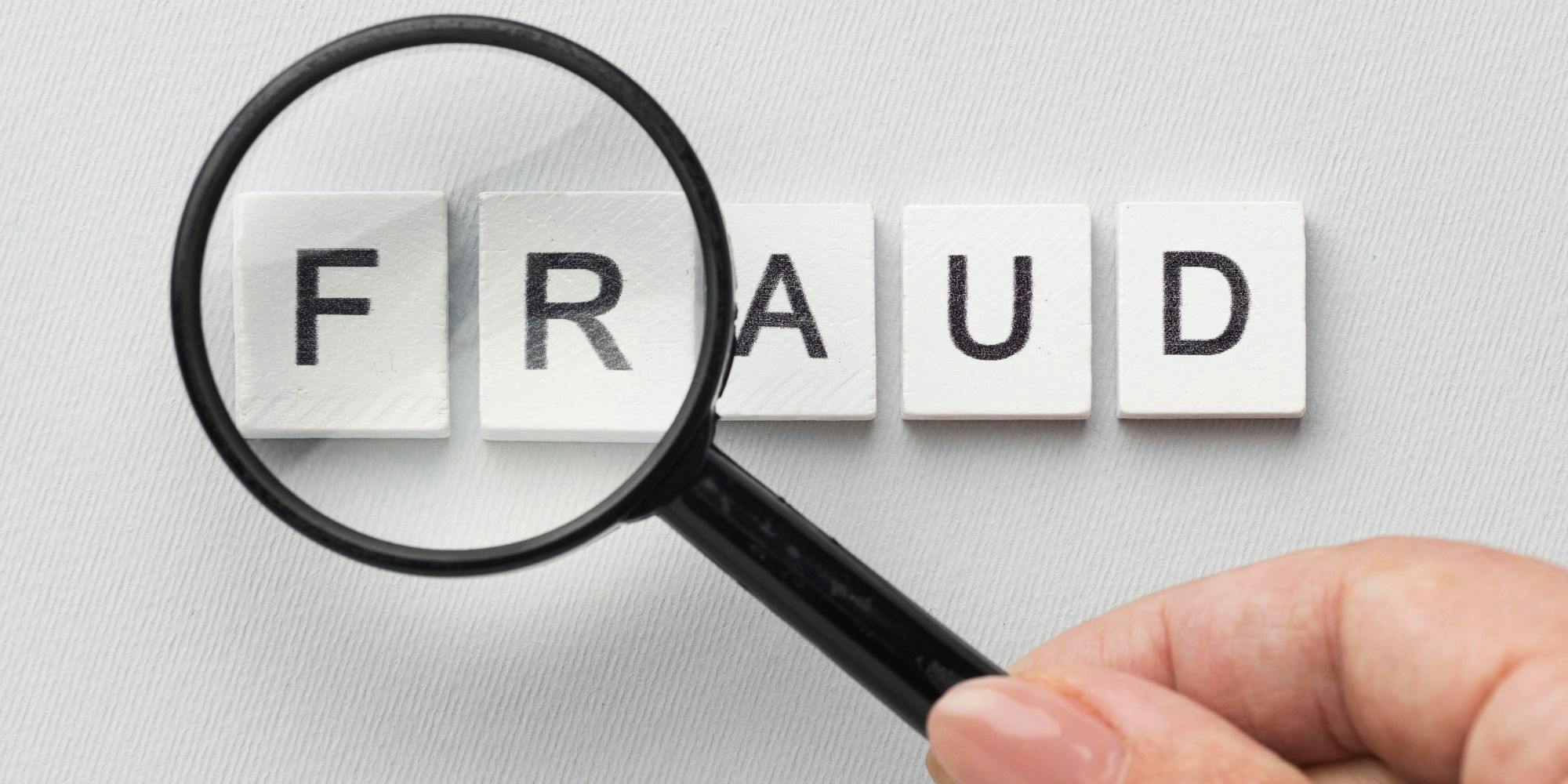
The ABCs of Fraud: What is Fraud?
"Traditional banks typically have a very solid process, but there’s a saying in cybersecurity that humans are attackable and not just systems."
- Gbolahan Alli
Introduction
Have you ever gotten a call pretending to be from your bank or a reliable company, asking for your account information or Bank Verification Number (BVN)? In today's digital age, fraudulent schemes like these are becoming increasingly common while leaving both individuals and organizations at serious risk.
The concept of fraud is definitely not a new one. However, the techniques of fraudulent operations have also changed as a result of technological advancements and how complex financial transactions have become. To protect assets and reputation, individuals and organizations involved in financial transactions must be aware of the nuances of fraud.
In this blog post, we will explore the ABCs of fraud by examining the definition, the different forms, effects on individuals and organizations, and practical strategies for fraud prevention.
What really is Fraud?
Is fraud just a financial deception crime? Is money or personal information the only thing being stolen? Or is it something more subtle, something like a betrayal of confidence or an act of dishonesty?
Fundamentally, fraud is a game of deception—a wicked act committed by individuals or entities with bad intentions. However, it's not always as straightforward as it seems. A fraudulent act can disguise itself in many masks, appears out of nowhere, and preys on unsuspecting people. So, what really is fraud?
We took out some time speaking about fraud and the state of financial security in Africa with some professionals in the finance industry, and in the words of Gbolahan Alli, the former Head of Digital Innovation at Access Bank, "Traditional banks typically have a very solid process, but there’s a saying in cybersecurity that humans are attackable and not just systems." Indeed, fraud extends beyond the confines of digital systems and security protocols. It exploits the vulnerabilities of human nature by leveraging social engineering tactics to trick individuals into inadvertently aiding fraudulent activities.
Consider this scenario: A seemingly harmless email lands in your inbox from someone you trust—a colleague, a friend, or even a family member. You click on a link or download an attachment without a second thought, unaware that you've just fallen victim to a phishing scam. This is the reality of fraud in today's interconnected world—it's not just about the whole sophisticated hacking techniques or elaborate schemes you see in sci-fi movies; it's about exploiting human psychology and trust.
As Gbolahan Alli aptly puts it, "An organization is as weak as its people." In the realm of fraud, individuals within organizations can unknowingly become accomplices or targets. Whether it's through social engineering tactics, insider threats, or negligence, fraudsters exploit human weaknesses to gain access to sensitive information or manipulate financial transactions for their personal gain.
But fraud isn't limited to human vulnerabilities alone. It thrives in the gaps within systems and processes. As Gbolahan Alli highlights, "A typical example is when myself and my team built a solution but the QA tester process wasn’t as strong - this led the company to lose about a Billion naira." This goes to show the importance of robust controls, checks, and balances to mitigate the risks posed by fraud.
Wrapping Up
In essence, fraud is a complex phenomenon that causes harm beyond just financial loss—it destroys trust, damages reputations, and threatens the foundation of society. It's not just about the money; it's about the betrayal of trust and the exploitation of vulnerabilities of humans and systems.
To learn more about the concept of fraud and stay up to date on how to mitigate the risk of fraud, schedule a meeting with one of our experts. Our AI-based technology helps detect fraud in real time and safeguards organizations against potential threats. Schedule a consultation with us today to learn how we can help keep your organization secure.

